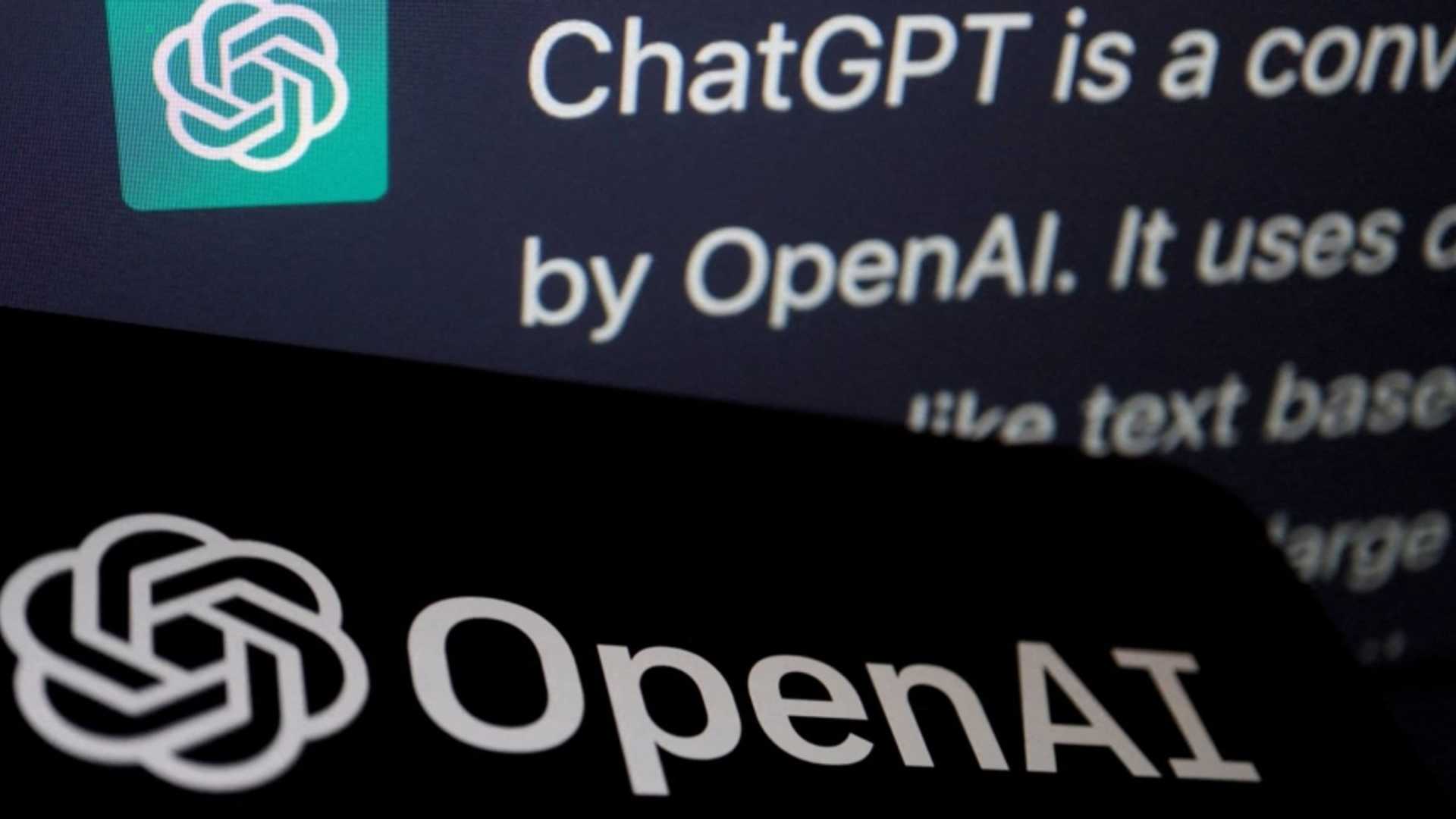EU Lawmakers Seek to Regulate ChatGPT and Generative AI
EU lawmakers have ramped up their efforts to regulate generative artificial intelligence technologies like ChatGPT. Until recently, generative AI was not a significant concern for EU lawmakers. The bloc’s 108-page proposal for the AI Act, published two years earlier, only mentioned the word “chatbot” once. Most references to AI-generated content were about deepfakes: images or audio clips designed to impersonate human beings.
However, in mid-April, members of the European Parliament (MEPs) scrambled to update those rules to address the rapid rise of generative AI. OpenAI introduced ChatGPT six months ago, sparking both awe and anxiety. Lawmakers are now concerned about the potential misuse of generative AI, which can create convincing fake text, speech, and video content.
Regulation of generative AI is a challenging issue due to the technology's multifaceted nature. Lawmakers must balance the benefits of AI innovation with the associated risks. Generative AI has tremendous potential for creating new forms of media and improving customer service and business processes. However, it could also be misused to generate false information, propaganda, or deepfakes.
The European Commission is laying the groundwork for new AI rules that will impact businesses, governments, and consumers. The AI Act, which is expected to be legally binding, would set new standards for AI companies and developers. It will also require AI systems to be transparent, reliable, and free from bias.
The proposed legislation is expected to focus on high-risk AI systems, such as those used in healthcare, transportation, or public services. Generative AI technology might also be subject to the same regulatory framework due to its potential for misuse.
Companies that violate the EU's AI rules could face hefty fines of up to €20 million or 4% of global revenues, whichever is higher.
Conclusion
The increasing use of generative AI technology has raised concerns about its potential to spread false information and manipulate media. To address these concerns, EU lawmakers are racing to update existing regulations on AI. The proposed AI Act will set new standards for transparency, reliability, and bias-free AI systems. Companies that use generative AI or other high-risk AI systems will be subject to significant fines if they fail to comply with EU regulations.




















